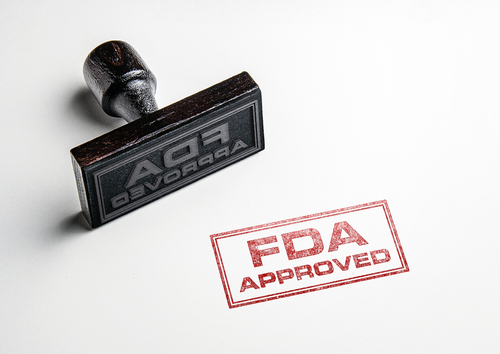
Tocilizumab was associated with a greater risk for diverticulitis and gastrointestinal perforation (GIP) compared to rituximab and abatacept in patients with rheumatoid arthritis (RA) in a study.
Researchers evaluated three observational French registries to compare patients with RA taking tocilizumab, rituximab, and abatacept. They implemented propensity scoring to determine diverticulitis and GIP risks.
Patients with RA who received tocilizumab had a greater risk of diverticulitis than those treated with rituximab or abatacept (hazard ratio [HR], 3.1; 95% confidence interval [CI], 1.5-6.3; P=0.002). The tocilizumab patients were also more likely to have GIP due to diverticulitis than their rituximab and abatacept counterparts (HR, 3.8; 95% CI, 1.1-13.6; P=0.04), which increased their overall risk of GIP (HR, 2.9; 95% CI, 1.1-7.8; P=0.03). The researchers did not observe an increased risk of GIP attributable to any other etiology in the tocilizumab group.
“Diverticulitis and GIP occurred earlier with tocilizumab than other drugs after the last perfusion (p= 0.01), with atypical clinical presentation (slow transit in 30%, p= 0.04) and lower acute-phase reactants at the time of the event (p= 0.005),” they also noted.
The study was published in Rheumatology.
“Tocilizumab for rheumatoid arthritis was associated with increased odds of diverticulitis as well as GIP due to diverticulitis as compared with rituximab and abatacept. Our study confirms the increased odds of GIP in patients receiving tocilizumab, which might be explained by an increased risk of diverticulitis with misleading clinical presentation,” the researchers wrote in their conclusion.
Gastrointestinal problems are not uncommon among patients with RA—in fact, it’s believed that people with RA are 70% more likely than people without RA to suffer from gastrointestinal issues.
Sometimes medication is the culprit, as noted by the Arthritis Foundation. It may be a side effect of the medication, or it could be the result of an infection that the body cannot fight off due to its weakened immune system—in these cases, patients are at risk for diverticulitis or infectious colitis.







 © 2025 Mashup Media, LLC, a Formedics Property. All Rights Reserved.
© 2025 Mashup Media, LLC, a Formedics Property. All Rights Reserved.